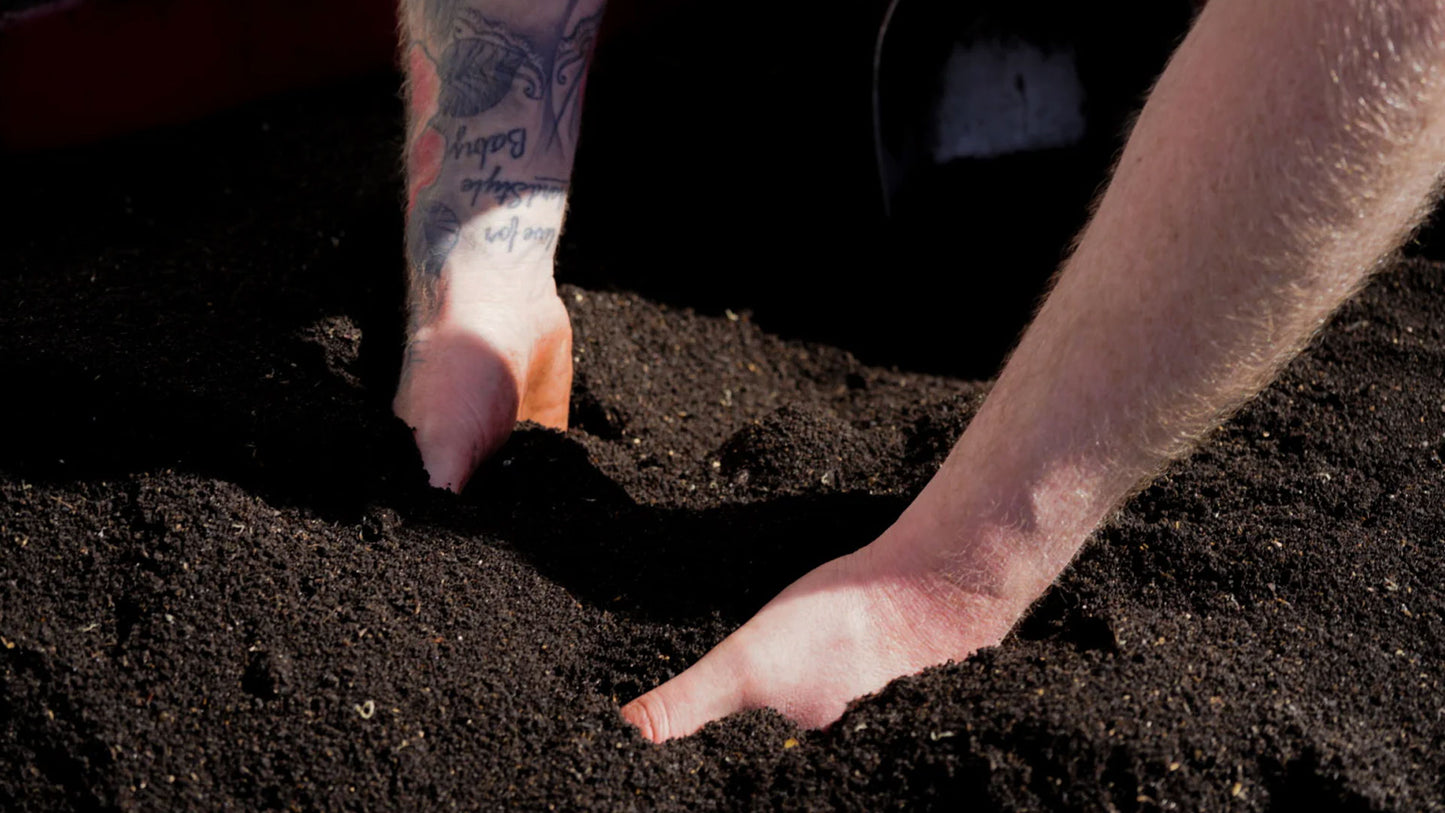
In the intricate tapestry of soil ecosystems, one creature plays a vital role in maintaining soil health and fertility while also producing a valuable resource coveted by gardeners worldwide. Meet the Dendrobaena worm.
The Dendrobaena is a humble yet remarkable earthworm species known for its contributions to soil enrichment and the production of nutrient-rich worm casts.
The Dendrobaena worm, scientifically known as Dendrobaena veneta, is a species of earthworm native to Europe but now found in various regions around the world. These segmented worms typically measure several inches in length and have a reddish-brown coloration, making them easily distinguishable from other earthworm species. Dendrobaena worms are voracious consumers of organic matter, feeding on decaying plant material, dead leaves, and other organic debris found in the soil.
Dendrobaena worms play a crucial role in soil enrichment by breaking down organic matter and recycling nutrients in the soil ecosystem. As they feed on organic material, Dendrobaena worms ingest plant residues, microorganisms, and soil particles, passing them through their digestive tracts. Through a process known as vermicomposting, the organic matter is broken down and transformed into nutrient-rich worm casts, which are excreted by the worms and deposited in the soil.
Worm casts, also referred to as vermicast or vermicompost, are the waste material produced by earthworms as they digest organic matter. Dendrobaena worms are prolific producers of worm casts, which are prized by gardeners and agriculturists for their exceptional nutrient content and soil-enhancing properties. Worm casts contain a balanced blend of essential nutrients, beneficial microorganisms, and organic matter that promote soil fertility, plant growth, and ecosystem health.
Worm casts improve soil structure by creating well-aerated, crumbly soil aggregates that promote root penetration, water retention, and nutrient uptake. They also enhance soil fertility by providing plants with a readily available supply of essential nutrients, including nitrogen, phosphorus, potassium, and micronutrients. Additionally, worm casts stimulate microbial activity in the soil, suppress harmful pathogens and diseases, and support a healthy and vibrant soil ecosystem.
By increasing environmental awareness and sustainable agriculture practices, worm casts offer a natural and eco-friendly solution for enriching soil and promoting plant health. Gardeners and farmers can incorporate worm casts into their gardening practices by mixing them into garden soil, using them as a top dressing, or brewing them into compost tea for foliar application. By harnessing the power of worm casts, growers can reduce their reliance on synthetic fertilizers and chemical amendments, promote soil health and fertility, and cultivate thriving gardens and landscapes in harmony with nature.
The Dendrobaena’s voracious appetite for organic matter and their production of nutrient-rich worm casts, Dendrobaena worms play a vital role in promoting soil health, plant growth, and environmental sustainability. As gardeners and agriculturists seek to cultivate healthy, vibrant gardens and landscapes, they can turn to the Dendrobaena worm and its castings as invaluable allies in their quest for sustainable and regenerative practices.
















